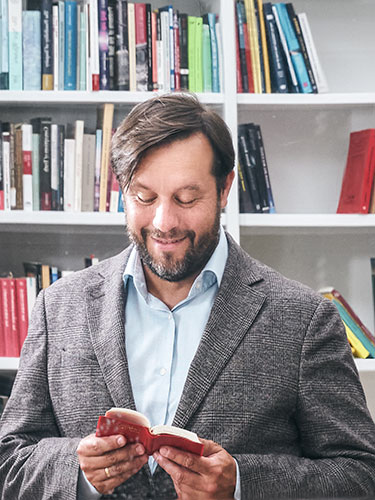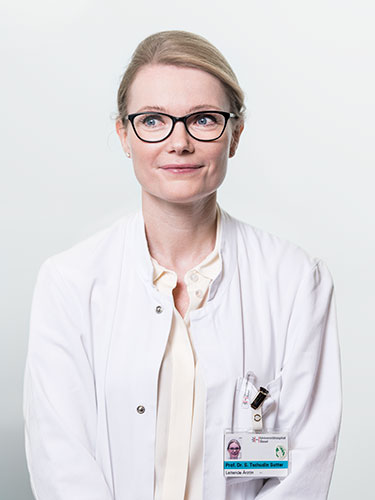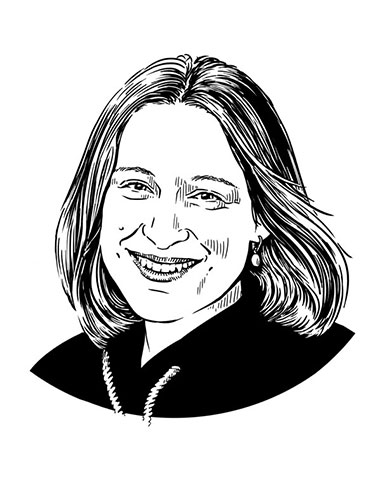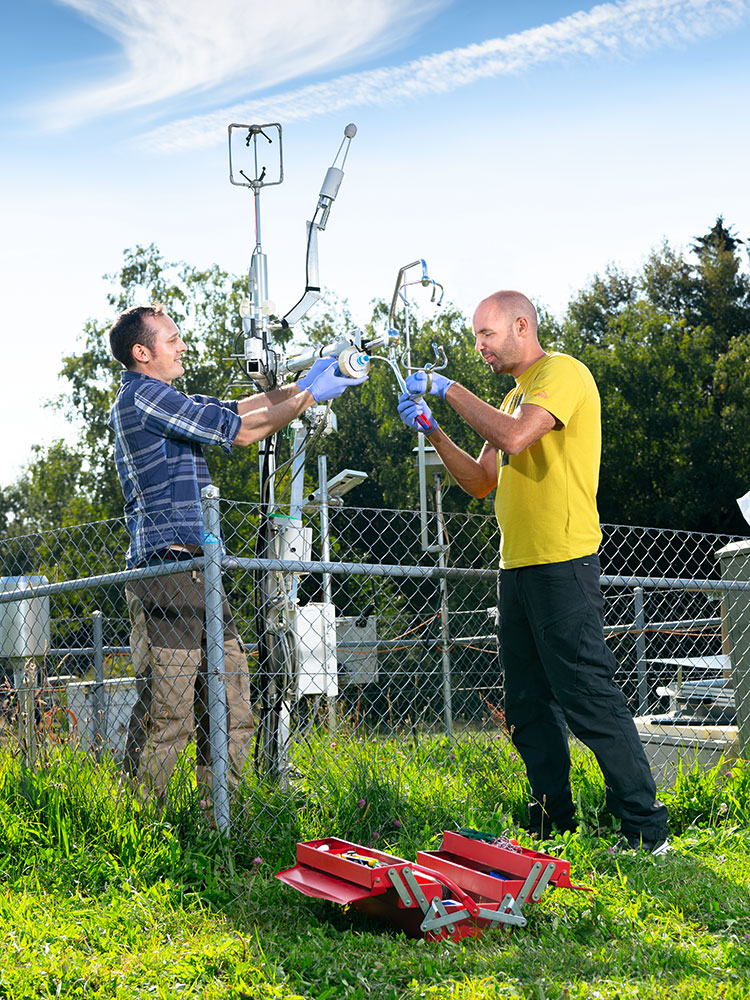UNI NOVA – Research Magazine of the University of Basel
-
Dossier
The male breadwinner remains the norm.
Text: Samuel Schlaefli / More women outearn their male partner than commonly thought. Survey respondents tend to underreport women’s income, while overreporting that of men. Two economists link this systematic misreporting to the male breadwinner norm.
-
Dossier
“How should I tell the family?”
Interview: Angelika Jacobs / Cancer sometimes runs in families and occurs as a result of a genetic predisposition. However, it can be challenging for those who have the genetic predisposition to tell their biological relatives that they might also be carriers of the same cancer gene. Professor Maria Katapodi researches ways of providing support in conveying information to family members.
-
 Dossier
DossierCare and violence in animal families.
Text: Christoph Dieffenbacher / Parents looking after their young is a common feature of family life in many animal species. The goal of parental care is to ensure offspring survival. Yet, this often involves trickery and conflict, and sometimes even naked aggression.
-
 In conversation
In conversation“China’s party-state is deliberately trying to subvert the West.”
Interview: Urs Hafner / China is politically more communist than it was 20 years ago. The country is converging with authoritarian move ments in the West, says Professor Ralph Weber, a political scientist and philosopher.
-
 Portrait
PortraitNot a trace of coronavirus fatigue.
Text: Irène Dietschi / She was a rising star at the Department of Infectious Diseases, but when the coronavirus arrived, she faced her greatest challenge yet. She handled it brilliantly.
-
 Opinion
OpinionShould the hidden carbon footprint of AI be regulated, Frank Krysiak?
Text: Frank Krysiak / Is a legal framework needed to regulate energy-intensive artificial intelligence applications? A debate between an environmental economist and a computer scientist.
-
 Opinion
OpinionShould the hidden carbon footprint of AI be regulated, Gabriele Röger?
Text: Gabriele Röger / Is a legal framework needed to regulate energy-intensive artificial intelligence applications? A debate between a computer scientist and an environmental economist.
-
 In pictures
In picturesPetrified water.
Text: Angelika Jacobs / Thousands of years compacted into just a few centimeters of rock: stalagmites contain a valuable climate record that stretches back farther than tree rings or ice cores.
-
 Research
ResearchPlants capture mercury from the air.
Text: Yvonne Vahlensieck / As a result of human activities, the amount of mercury in circulation is ever-increasing. To protect both health and the environment, it is important to understand the processes by which this pollutant spreads through soils, air and water – and in which plants appear to play a key role.
